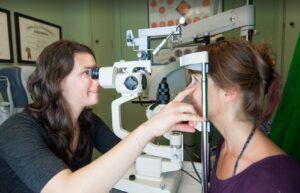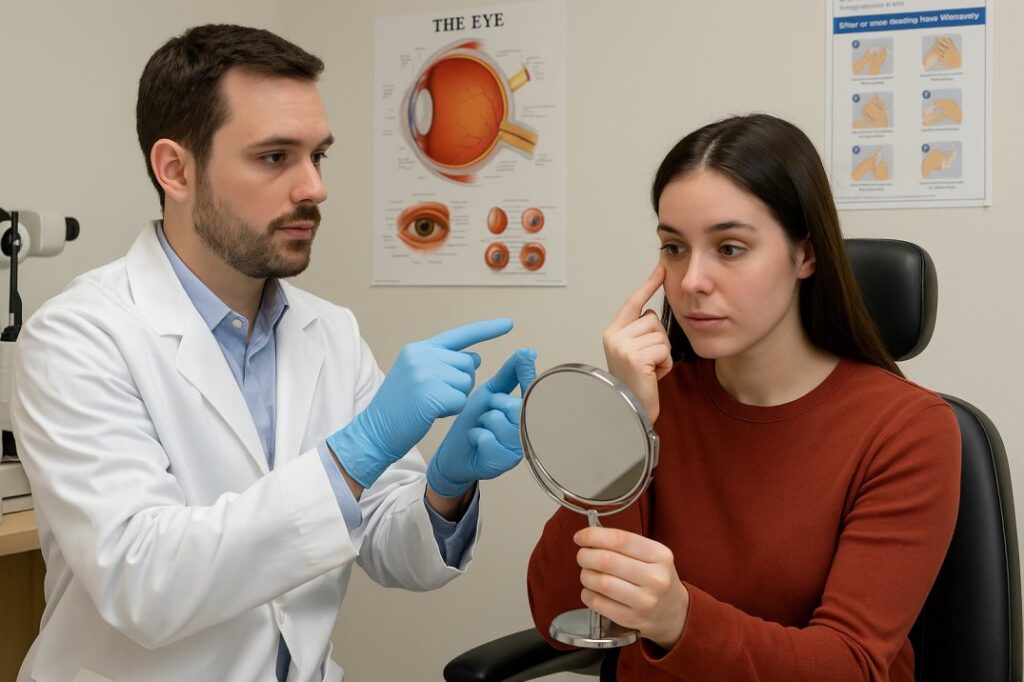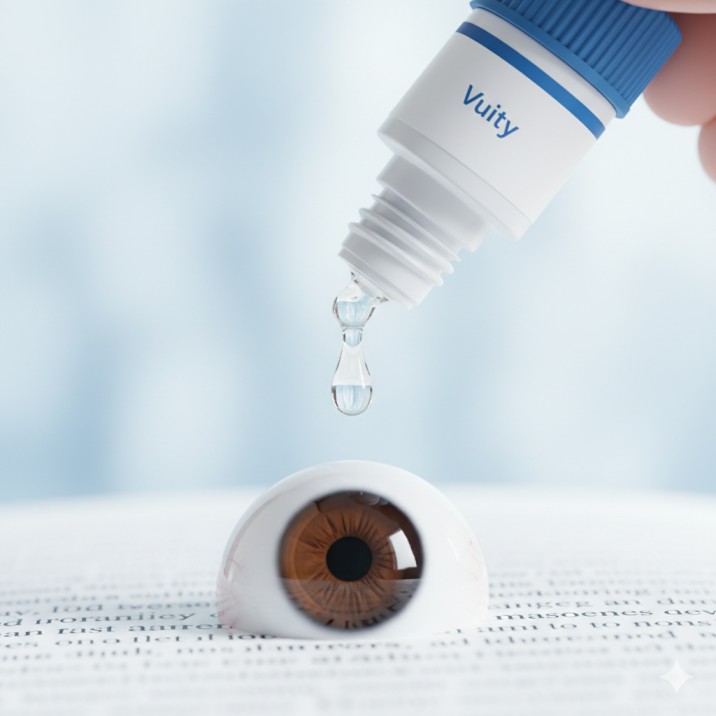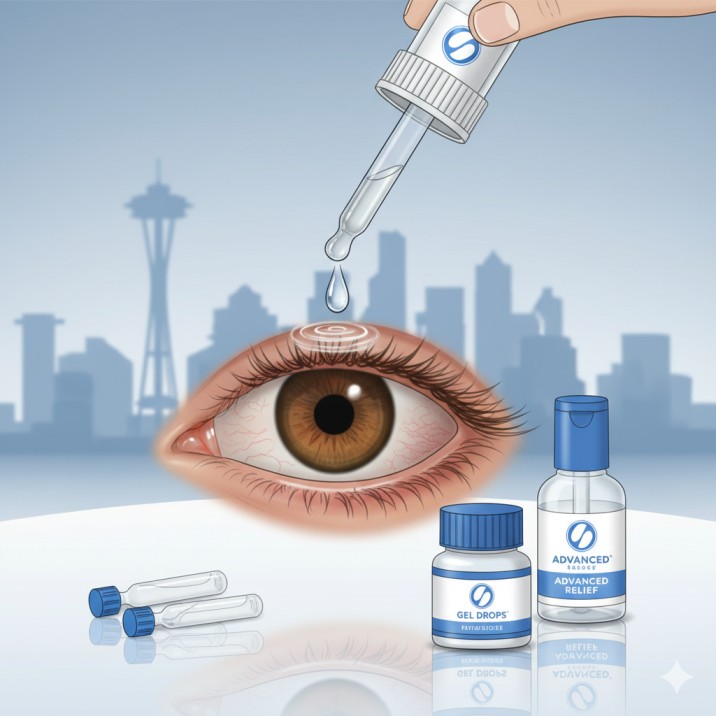Best Contact Lens Advice for Seattle Residents

Key Takeaways
-
Choose wisely: Look for Seattle contact lens specialists who provide hands-on training, prioritize hygiene, and have strong patient reviews.
-
Prioritize safety: Never sleep in contact, take daily breaks, and follow strict cleaning protocols to avoid serious eye complications.
-
Know your lens type: Daily lenses are safer and more convenient for active lifestyles, while monthlies may be cost-effective for frequent wearers.
-
Always have a backup: Keep prescription glasses on hand for emergencies, infections, or allergy flare-ups.
-
Hygiene is non-negotiable: Wash hands with soap (not sanitizer), dry lens cases upside down, and replace them monthly.
-
Sport-smart choice: For Seattle-area skiing and hiking, daily disposables offer fog-free vision and all-day comfort without cleaning hassle.
-
Act fast on symptoms: If eyes are red, painful, or vision is blurred, remove lenses and wear glasses until seen by a specialist.
Choosing Your Seattle Contact Lens Specialist
Finding a skilled optometrist for contact lens exams in Seattle involves:
-
Reviewing verified feedback on platforms like Google and Yelp
-
Prioritizing clinics offering insertion/removal training
-
Selecting providers emphasizing hygienic practices
At Cannon EyeCare, our doctors dedicate time to training new wearers in healthy habits during personalized sessions.
5 Non-Negotiable Contact Lens Safety Rules
Your corneas need oxygen to stay healthy – follow these evidence-based practices:
1. Never Sleep in Contacts
-
Increases corneal ulcer risk by 400%
-
Blocks critical overnight oxygen flow
2. Daily Oxygen Breaks
Remove lenses for 2-3 daytime hours (e.g., after dinner). This:
-
Prevents CLOW (Contact Lens Over-Wear Syndrome)
-
Maintains corneal health
3. Always Have Backup Glasses
Essential for:
-
Emergencies (e.g., hospital visits at 3 am)
-
Eye infections or allergies requiring lens breaks
4. Follow Replacement Schedules
-
Monthly lenses = 30 days of daytime wear (not 720 continuous hours)
-
Daily lenses = single-use only
Stretching wear times risks FDA-unapproved experimentation
5. Proper Cleaning Protocol
For non-daily lenses:
-
Use fresh solution daily – never “top off” old solution
-
Air-dry cases upside down to prevent fungal growth
Daily vs. Monthly Contacts: Seattle Optometrist Guidance
Key decision factors:
-
Wear frequency:
-
Occasional use (sports/travel): Choose dailies
-
5+ days/week: Consider monthlies for cost efficiency
-
-
Daily advantages:
-
Maximum convenience (no cleaning/cases)
-
Higher safety: 400% lower infection risk than slept-in reusables
-
Ideal for Seattle hiking/skiing
-
-
Monthly advantages:
-
Lower annual cost for frequent wearers
-
Wider prescription range (especially for astigmatism)
-
Prescription Availability Note:
Daily toric lenses have limited powers. Bring your current lenses to your Cannon EyeCare exam for a personalized assessment.
Contact Lens Safety: Current Best Practices
Evidence-based guidance:
-
No increased COVID risk vs. glasses wearers
-
Critical hygiene protocols:
-
Wash hands with soap (never sanitizer) before handling lenses
-
Air-dry cases daily; replace monthly
-
Clean glasses regularly with soap/water
-
-
General health rules:
-
Avoid touching your eyes with unwashed hands
-
Switch to glasses when sick or eyes are irritated
-
Seek emergency care for severe symptoms (wear glasses, not contacts)
-
Why Contacts Dominate for Seattle Mountain Sports
For Pacific Northwest skiers at Crystal Mountain or Stevens Pass, contact lenses outperform glasses:
Glasses Pain Points
-
Fogging under goggles (worse than surgical masks)
-
High risk of loss during falls
-
Limited peripheral vision
Contact Lens Advantages
-
Zero fogging despite masks/gaiters
-
Crisper distance vision than glasses for many
-
Unrestricted views of the terrain
Daily Disposables: The Seattle Skier’s Secret
Cannon EyeCare recommends dailies for:
-
Sterile convenience: Fresh lenses each run
-
No cleaning solutions are needed in mountain lodges
-
Emergency backup: Pack extra lenses in your jacket
Schedule a sports vision exam to optimize your mountain performance.
Choosing the right Seattle contact lens specialist isn’t just about clear vision—it’s about protecting your eye health with expert guidance and safe habits. From daily disposables for mountain adventures to personalized training for new wearers, Cannon EyeCare delivers the education and care you need for worry-free contact lens use.
FAQs
-
A contact lens exam checks your vision and eye health, measures your cornea, and fits lenses for comfort and safety, going beyond a standard glasses exam




